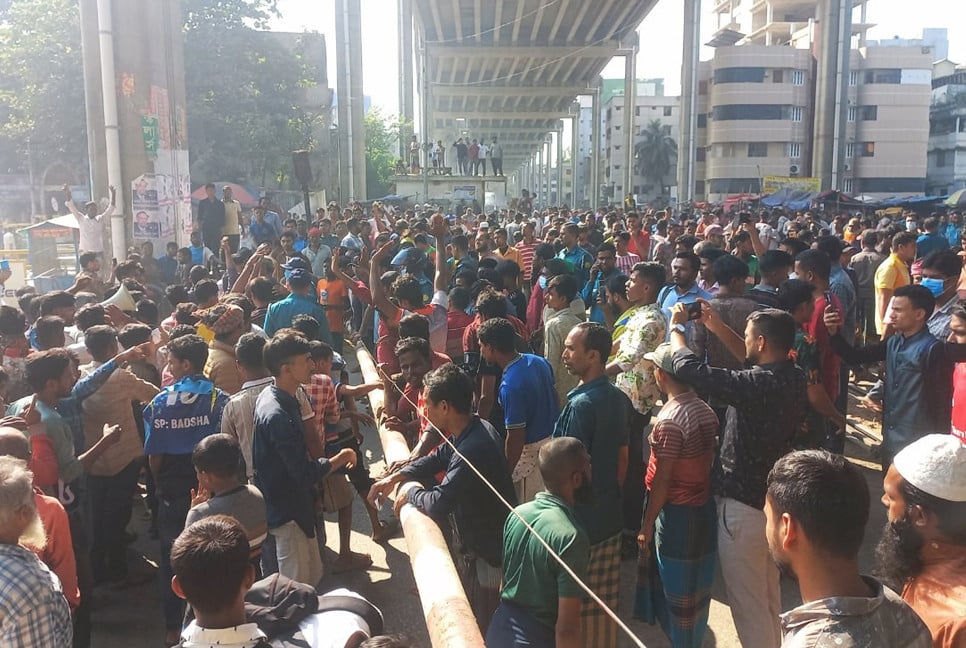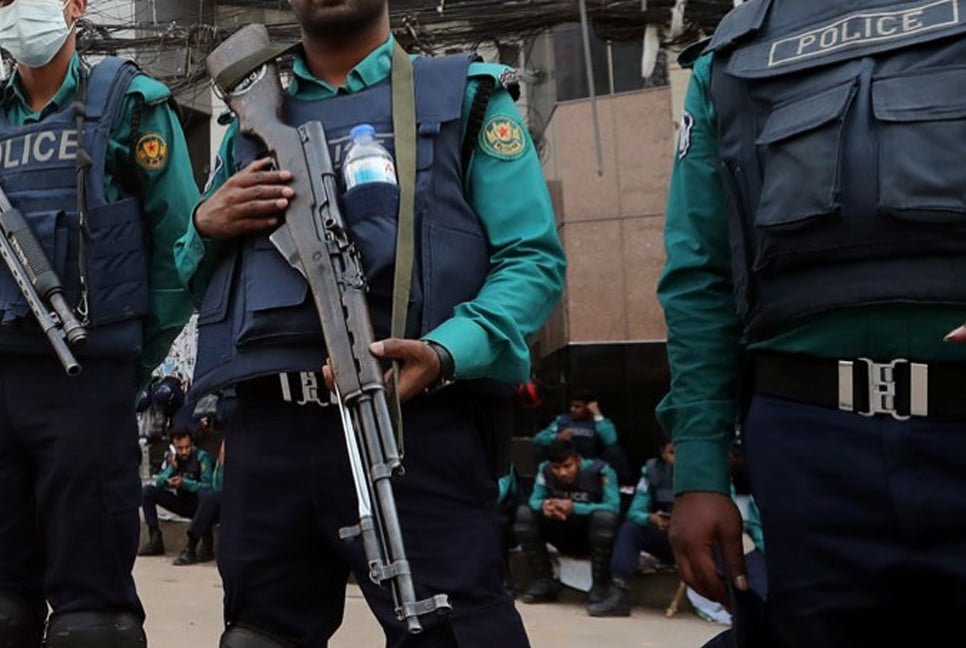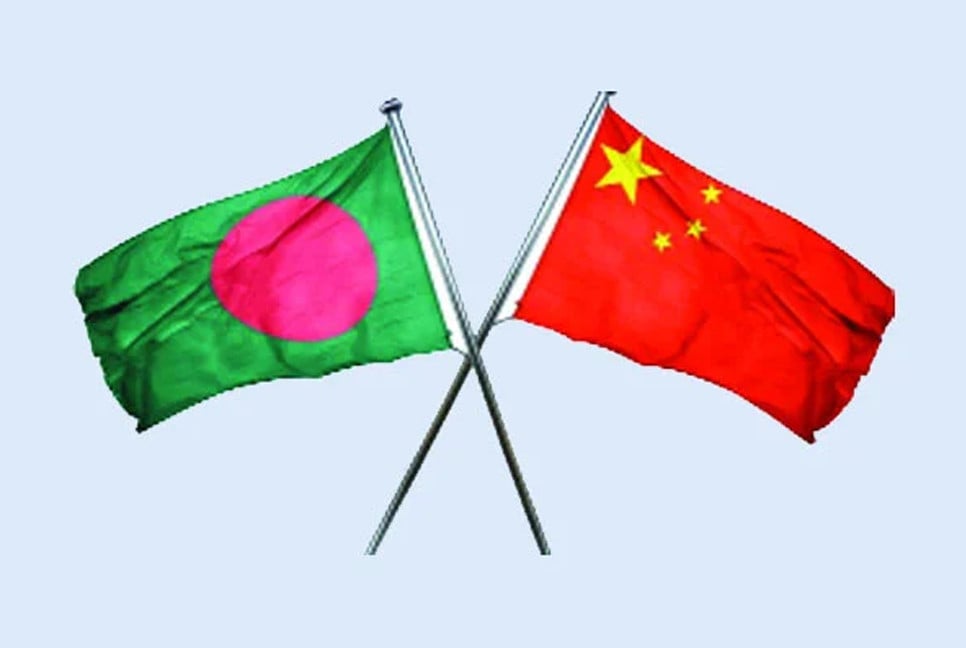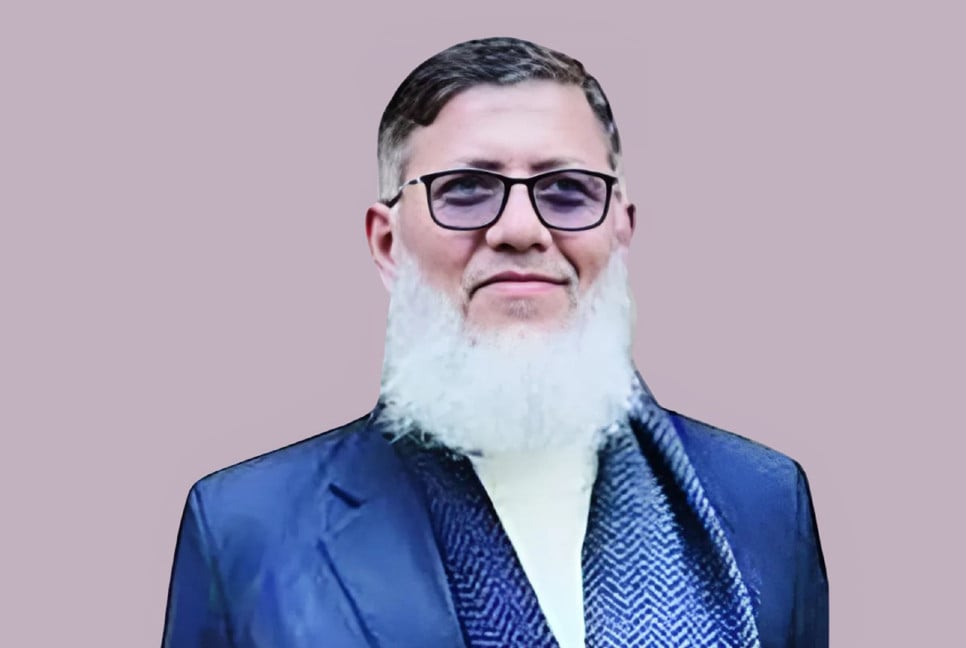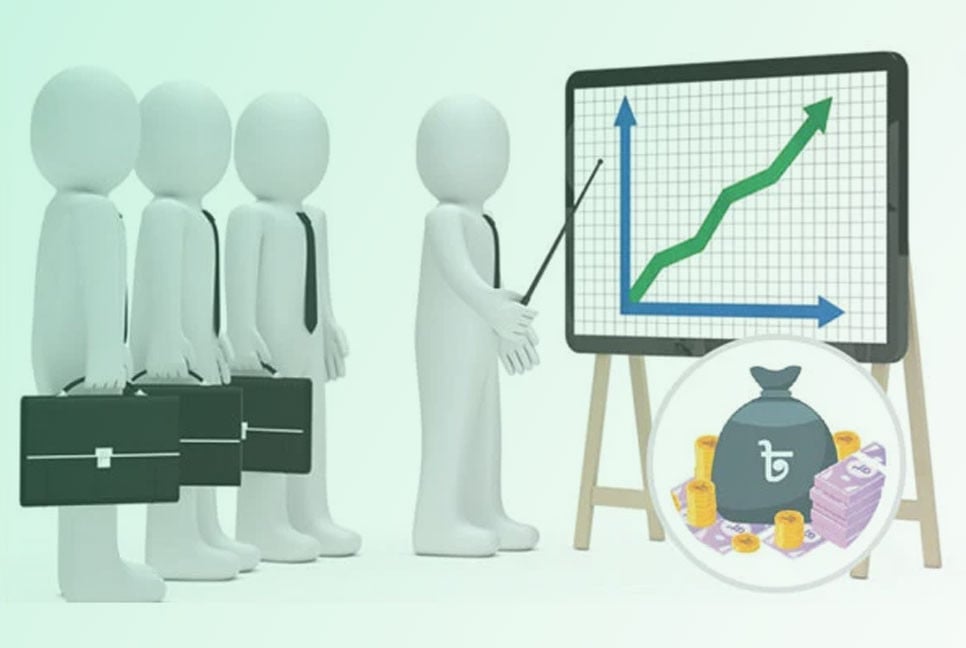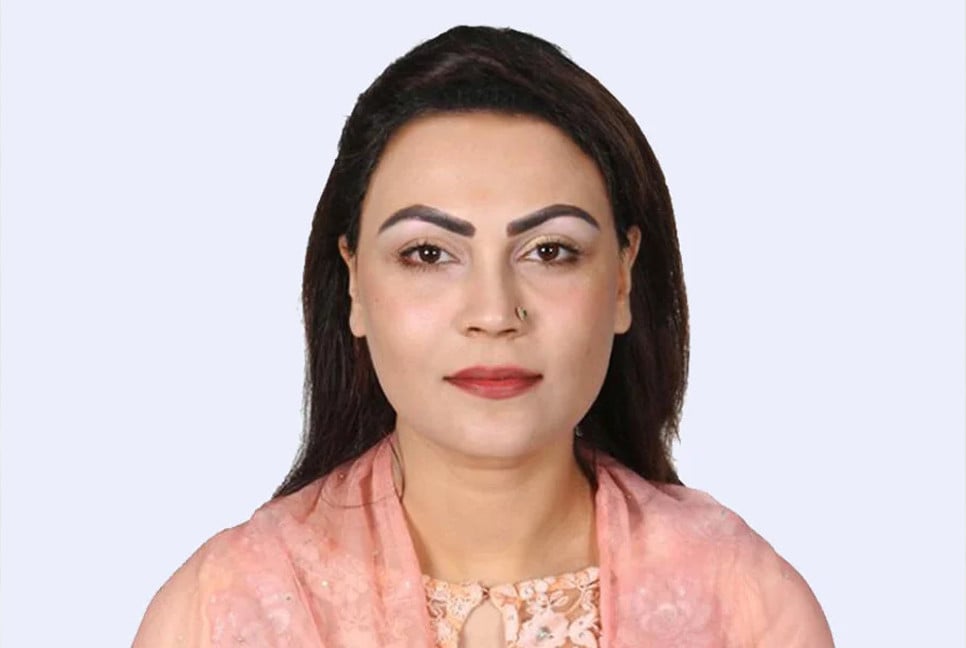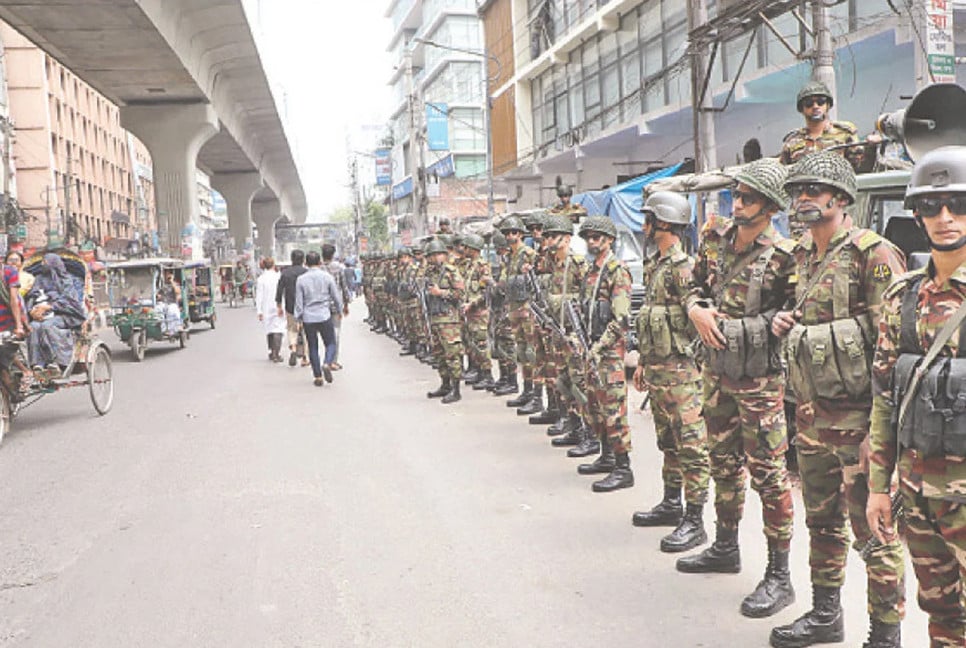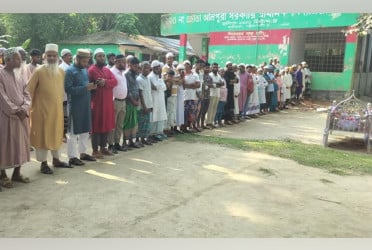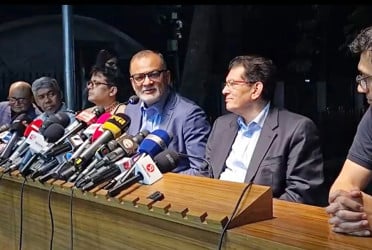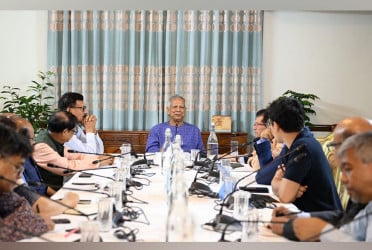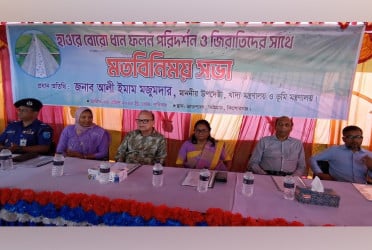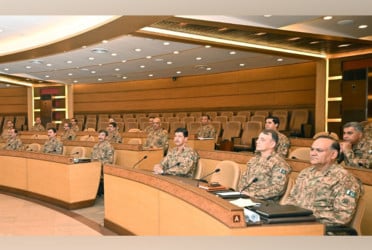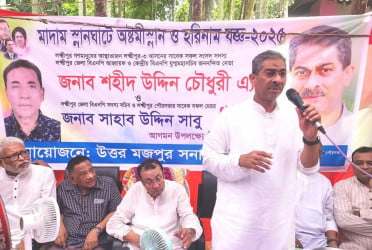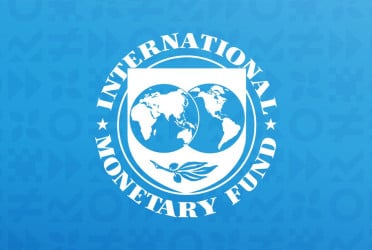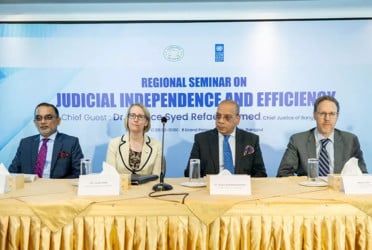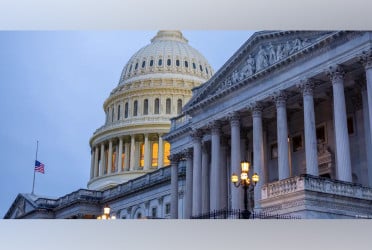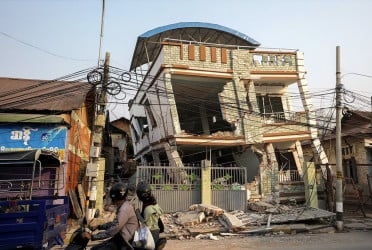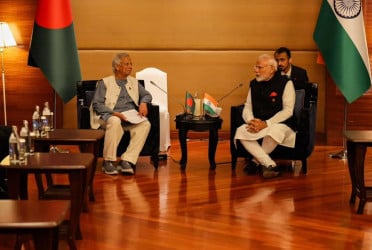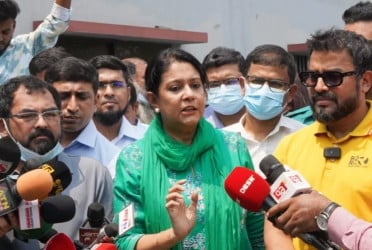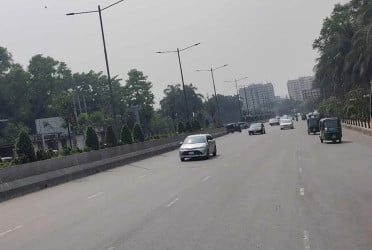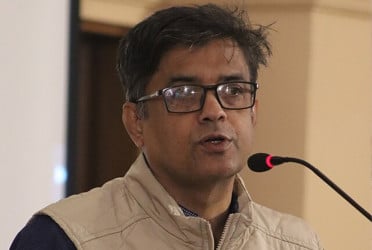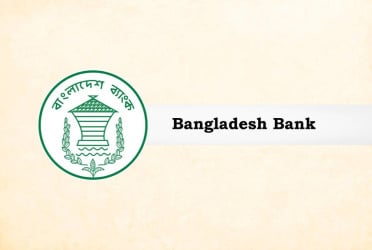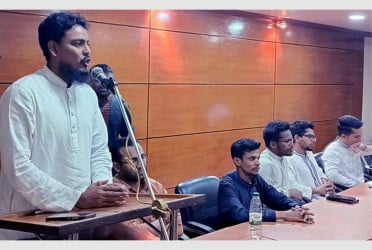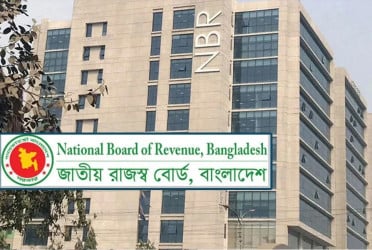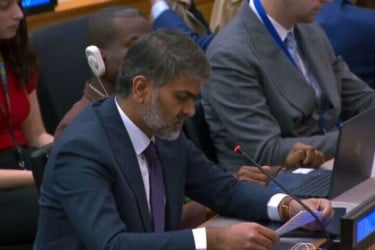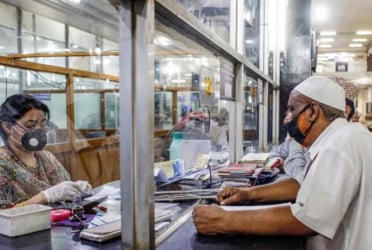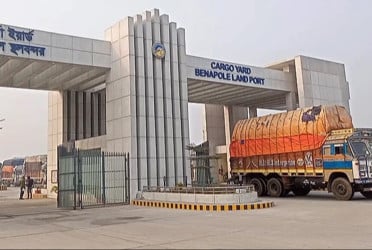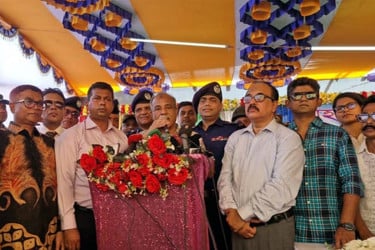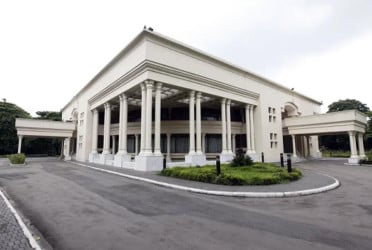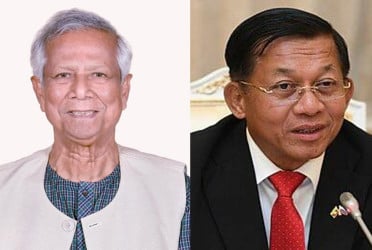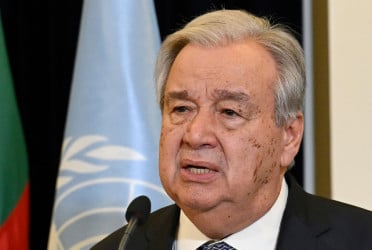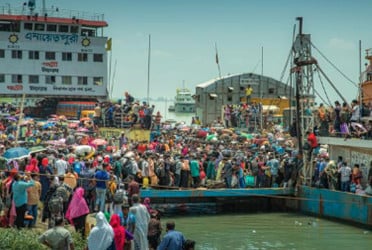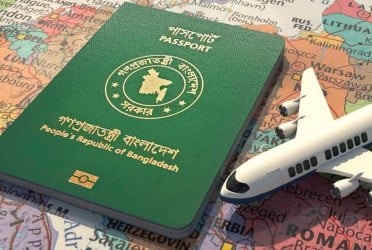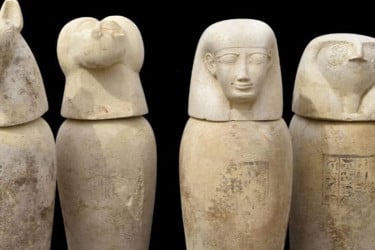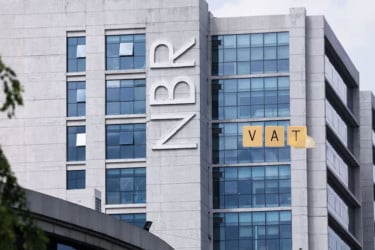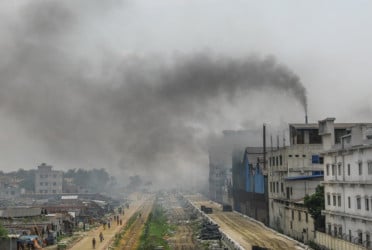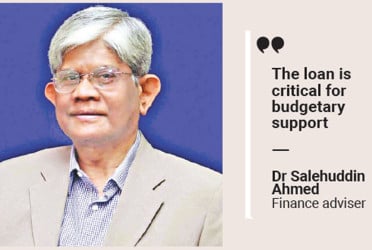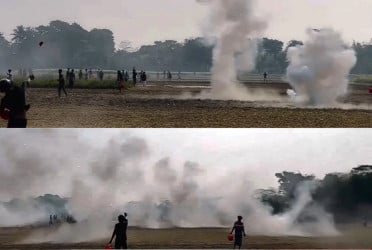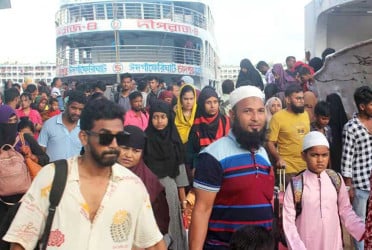The countrymen had expected that normalcy will return to every sector of the country after the mass uprising in July-August and everything will be conducted according to fairness and principles. The people’s expectation was enlarged as the Nobel Peace prize winner Dr Muhammad Yunus took the responsibility as the Chief Adviser. They began to believe that as the people and students involved in mass uprising were giving full support to the interim government, the country will see a good time. However, the bilief of the people began to shatter as they see there’s no discipline and order anywhere. Now, the main challenge of the government is to restore order and normalcy everywhere.
According to the people concerned, the chaos prevails everywhere including courts, law and order situation, economy, business and commerce, public administration, education-health, road and traffic. Chaos reached its peak in many of these sectors during the previous government's tenure. It was expected that order would return during the interim government's tenure. That did not happen, but rather chaos has increased in some sectors. The most chaos has occurred in the law and order situation and business and commerce. Due to political uncertainty, no new investments are coming. Many businessmen and entrepreneurs are being harassed. The accounts of various individuals and organizations are being frozen. They are being implicated in murder cases without any investigation just for the purpose of harassment. Many businessmen are closing down factories due to political instability and lack of trust. Apart from this, economic uncertainty has also had a negative impact on business and commerce. The capital crisis still persists in the banking sector. The dollar crisis and import complications that began during the previous government's tenure have not gone away. There was a crisis of electricity and gas in past. Now, more uncertainty has arisen due to various reasons, including payment.
Traders say that although the government initially held a meeting with traders, not all traders in the country had the opportunity to participate in it.
Ordinary traders expected that the chief advisor of the interim government would listen to all traders regardless of party affiliation. They would take a structural initiative to solve their crises and problems on a larger scale. Instead of such an initiative, more chaos is being created by appointing bureaucrats who are not traders as administrators of business organizations, according to those concerned.
Former BGMEA president Fazlul Haque told The Bangladesh Pratidin that the way things are going now, many traders and entrepreneurs feel neglected. The government is showing a lack of effort on the part of the government to call traders and establish connections with them. This business leader said that not all traders in the country are bankrupt, not all traders laundered money. In addition, there are many small and large traders on whom the production of industrial factories and also the economy depend. The government should have maintained more connections here to end the chaos existing in the economy.
Chaos also prevails in the secretariat, the center of public administration. There are many complaints from government officials and employees about discrimination in appointments, promotions and salaries. Government employees themselves have called for a rally at the center of the administration with a 9-point demand. There is dissatisfaction among the police themselves regarding appointments, promotions and transfers in the police administration as well. The biggest concern is that there is a great deal of chaos even in the courts where people approach for justice. The law and order situation has deteriorated so much that judges, lawyers and people seeking justice do not consider the court premises themselves safe. Recently, a lawyer was hacked to death in the court premises in Chattogram. There has even been an unprecedented incident of eggs being thrown at a judge. And there are frequent scuffles and fights between lawyers of both sides over cases, hearings and bail. Taking advantage of the deterioration in the law and order situation, anarchy has also begun in educational institutions.
In the past week, several educational institutions in the capital have been attacked and vandalized. Students of Dr. Mahbubur Rahman Mollah College vandalized and looted National Medical College and Government Shaheed Suhrawardy College in Old Dhaka over allegations of a student's death due to 'wrong treatment'. Later, hundreds of students of Government Shaheed Suhrawardy College and Kabi Nazrul Government College attacked on Dr. Mahbubur Rahman Mollah College. Earlier, there were also incidents of chases and counter-chases and attacks among students of Dhaka College and City College. There were also incidents of chaos over the demand of converting Government Titumir College into a university and the affiliation of seven colleges in Dhaka.
There has also been extreme chaos in the country's health sector. Various programs including continuous siege of the Directorate of Health and silent processions are going on under the banner of anti-discrimination medical officers. Many have taken this opportunity to bag posts and chairs. A new controversy has been created in the registration of Bangladesh Medical and Dental Council-BMDC medical assistants. After the change of government, two contradictory orders were issued for cadres and non-cadres, resulting in stagnation at the district and upazila levels. Community clinic health care providers and family planning workers working at the marginal level have taken to the streets to raise their demands.
There is no discipline on the roads either. The chief advisor met with the police and BUET experts to resolve traffic congestion and provided various instructions, but that didn’t work. In addition, more chaos has been created over the implementation of the court's directive to stop the movement of battery-powered rickshaws. After rickshaw drivers clashed with law enforcement forces in different areas of the capital, the government has backed down on the policy of stopping the movement. Taking advantage of this, battery-powered rickshaw drivers have become even bolder. They are now competing dangerously with large vehicles on the main roads.
There has been chaos seen with the media. Protesters have clashed with law enforcement agencies over a protest against the country's two major national dailies. The accreditation cards of more than 150 media workers have been cancelled without any kind of verification. The Committee to Protect Journalists (CPJ) has widely condemned the restrictions imposed on press freedom.
The Commonwealth All-Party Parliamentary Group (APPG) has expressed concern that the hope that had appeared for Bangladesh is now turning into a concern. A report by the organization said, "While there was considerable progress in the economic and social sectors during the Awami League era, there was a disappointing situation in terms of cronyism, corruption and human rights." Citing its own findings, the organization said, “There is a lack of trust in matters like government institutions, democracy and a free media. We have found evidence that questions the effectiveness of the new interim government. It is imperative to end the culture of using the law as a political weapon and uphold human rights and the rule of law. Failure to do so will not bode well for the new interim government led by Professor Muhammad Yunus.”
(Translated by Lutful Hoque)

